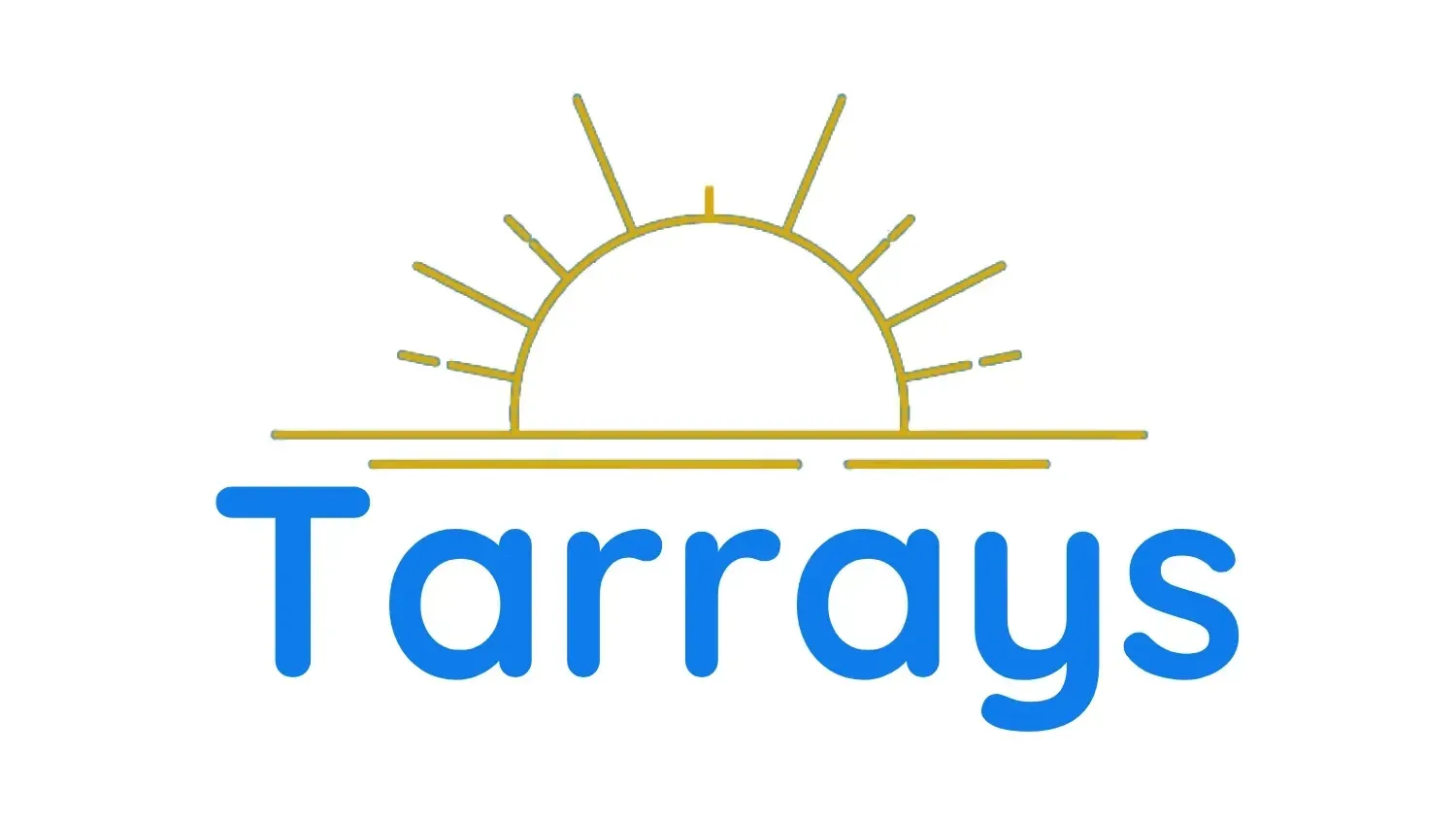Enhancing Lives with NDIS Support: How Tarrays Staffing Provides Skilled Care Professionals
In Australia, the National Disability Insurance Scheme (NDIS) is a vital initiative aimed at improving the lives of individuals living with disabilities. Central to the success of this programme is the quality of care and support participants receive. At Tarrays Staffing, we are committed to ensuring that NDIS participants have access to highly skilled professionals who deliver tailored, compassionate care.
In this blog, we explore the importance of staffing excellence in NDIS services, the key qualities of skilled care professionals, and how Tarrays Staffing bridges the gap between participants and their unique needs.
The role of staffing in NDIS success
The NDIS was designed to empower participants by providing them with resources to improve their quality of life and achieve their goals. However, the programme’s effectiveness heavily depends on the availability of qualified care professionals who can meet participants’ individual needs.
At Tarrays, we understand the intricacies of the NDIS and its emphasis on personalisation. This allows us to deliver staffing solutions that align with participants' support plans. Whether it's assistance with daily activities, therapy, or community engagement, our professionals are equipped to provide meaningful and dependable support.
What makes a skilled NDIS care professional?
Providing care for individuals with disabilities requires more than just technical skills—it demands empathy, patience, and adaptability. Tarrays Staffing ensures that every professional in our network embodies the following attributes:
- Expertise and qualifications: Our professionals undergo rigorous training and meet the necessary certification standards to provide high-quality care.
- Empathy and understanding: Emotional intelligence is at the heart of our recruitment process, ensuring participants feel respected and valued.
- Flexibility: Care needs vary greatly among NDIS participants. Our staff are trained to adapt their approach to meet diverse requirements effectively.
- Commitment to dignity and independence: At Tarrays, we prioritise professionals who empower participants to lead fulfilling and independent lives.
Tailored staffing for diverse NDIS needs
No two participants are the same, which is why a one-size-fits-all approach simply doesn’t work in NDIS care. Tarrays Staffing specialises in creating tailored solutions that cater to the unique challenges and aspirations of every participant.
From providing personal care assistants for daily living support to sourcing allied health professionals for therapy needs, we ensure that our clients have access to a range of specialists. This diversity in staffing enables participants to receive comprehensive care while maintaining consistency in their support team.
Supporting families and carers
Navigating the complexities of NDIS planning can be overwhelming for families and carers. Tarrays Staffing goes beyond sourcing care professionals; we provide families with the guidance and resources they need to make informed decisions.
Our team works closely with participants and their families to understand their goals and recommend professionals who are best suited to their needs. This collaborative approach fosters trust and ensures that every aspect of care is seamlessly managed.
Advancing the NDIS with Tarrays Staffing
At Tarrays Staffing, we are proud to play a role in advancing the goals of the NDIS by connecting participants with exceptional care professionals. We believe that everyone deserves the opportunity to lead a life filled with dignity, independence, and opportunities for growth.
Through our personalised staffing solutions, we not only enhance the lives of participants but also support the broader vision of a more inclusive Australia.
Why Tarrays Staffing is the right choice
- Experience in disability support: With years of expertise in healthcare staffing, we are adept at understanding the specific requirements of NDIS care.
- Comprehensive vetting process: Our recruitment process ensures that only the most skilled and compassionate professionals join our network.
- Ongoing support: We maintain strong relationships with participants, families, and care professionals to ensure continuous improvement in service delivery.
Empowering lives through skilled care
The NDIS represents a commitment to equality and empowerment for individuals living with disabilities. By partnering with Tarrays Staffing, participants gain access to skilled professionals who enable them to achieve their goals and lead fulfilling lives.
We are dedicated to supporting not only the participants but also the families and carers who are integral to their journey. With Tarrays Staffing, you can be confident in receiving care that goes beyond expectations and genuinely enhances lives.
For those seeking high-quality NDIS staffing solutions, Tarrays Staffing is here to provide the expertise, compassion, and tailored support you need.












